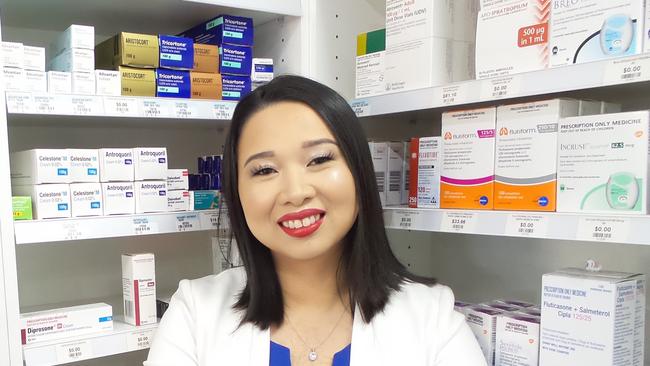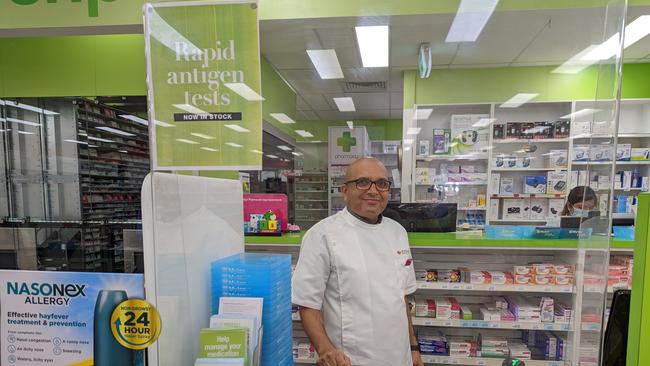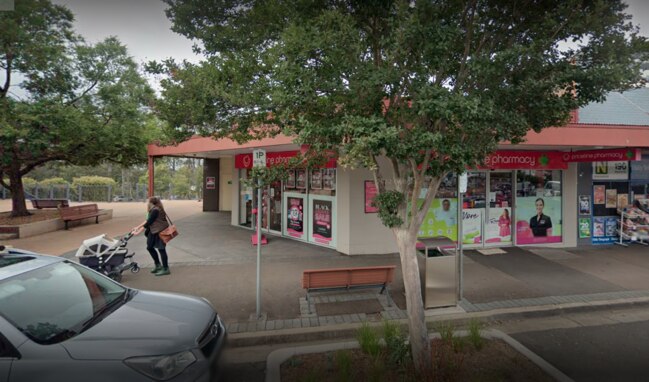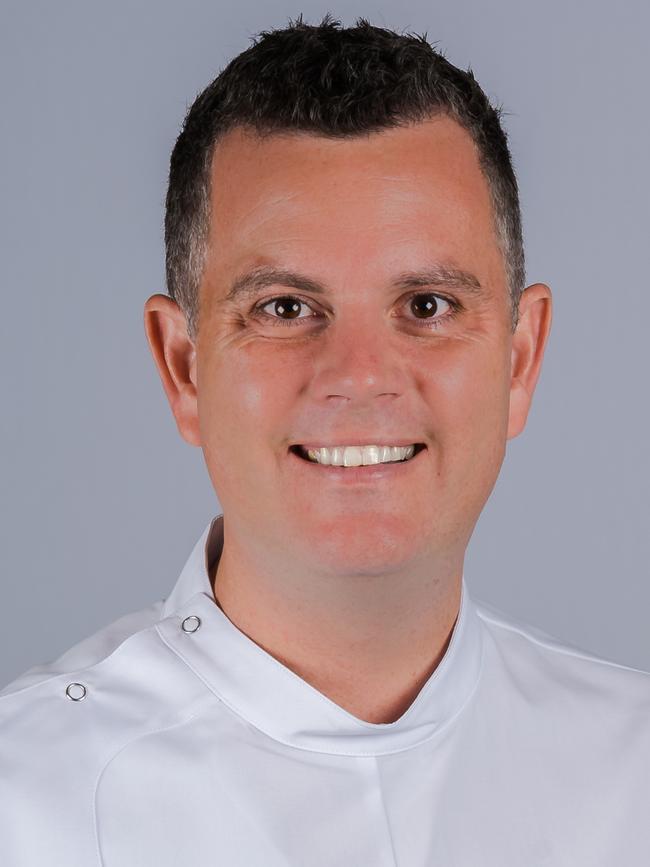Pharmaceutical Benefits Scheme: Pharmacy Guild of Australia say medication becoming unaffordable
A western Sydney pharmacist said Australians take pride in a universal healthcare system but “the universe doesn’t seem to include St Marys”.
Penrith
Don't miss out on the headlines from Penrith. Followed categories will be added to My News.
A western Sydney pharmacist said Australians take pride in a universal healthcare system but “the universe doesn’t seem to include St Marys”.
The increasing prices of PBS (Pharmaceutical Benefits Scheme) medications is fast becoming a concerning issue with a recent survey revealing 13 per cent of people from marginal electorates, including Lindsay in Sydney’s west, had gone without medication as it was unaffordable.

About one in three middle-income households, which earn between $60,000 to $100,000 a year, have found it difficult to afford PBS medications without a concession card, according to a survey by research firm Insightfully and the Pharmacy Guild of Australia (PGA).
Morris Care & Advice Pharmacy pharmacist of 18 years, Veronica Nou, said people had come to her embarrassed about being unable to afford medication.
“Mothers are coming in with kids who are all sick – and she’s sick too – but she won’t get antibiotics for herself so she can afford them for the kids,” she said.
“People are asking me which medicines they can skip – I know they can’t skip any without ending up in hospital … but they don’t have the luxury of thinking that far ahead.”

Ms Nou said that she works with charity organisations and had noticed an increased need for welfare assistance among certain communities.
“It’s always people in poorer demographics who have more health problems,” she said.
“In Australia we’re so proud of our universal healthcare system but the universe doesn’t seem to include St Marys.”
“People are rationing their healthcare – asking ‘what if I take my tablet every second day?’ – asking themselves whether they should take their tablets or buy their kids fruit. I ask myself what sort of country this is where that happens.”
This issue extends over local government area boundaries with Blue Mountains pharmacist Virender Kamboj noticing similar issues at Priceline in Springwood.


“We tend to see the affordability issue most in patients with Crohn’s disease and Lupus where missing medications affects their quality of life,” he said.
Many common medicines on the PBS cost patients $42.50 per prescription after the maximum co-payment went up on January 1, putting scripts on track to cost patients up to $50 per prescription by the end of the decade, according to the PGA.
The co-payment for general patients has doubled since 2000 and according to ABS figures, more than 900,000 Australians delayed or didn’t get a script filled in 2019-20 due to cost.
Among the PBS medications which are becoming increasingly unaffordable are: insulins for diabetes, Symbicort for asthma, Xarelto for stroke prevention, nebivolol or heart failure, ritalin for ADHD, roacutane for acne, long-acting contraceptives and epipens for anaphylaxis.
“Payment is usually an issue for those who don’t hold Centrelink concessions and pay as a general patient which, at $42.50 for co-contribution, comes to nearly $500-$600 for one medication a year,” Mr Kamboj said.
“If co-contribution levels can cover more people, or if it could be means tested for those that don’t receive concessions but their income can’t cut it, that would help ease the financial burden.”

Pharmacy Guild of Australia national president Professor Trent Twomey described the trend as “dangerous” and feared people could end up in hospital if they don’t take medications as instructed.

“Pharmacists are worried that there will be more preventable ill-health and even deaths as people are increasingly finding themselves having to choose between buying the medicines they need and other essential items like rent, groceries and petrol,” he said.
The Penrith Press reached out to the Australian Government Department of Health which maintained the PBS is an adequate program.
“The government has a strong track record in providing Australians with timely and affordable access to medicines through the PBS,” a Department of Health spokesman said.
“The 2021 Report on Government Services shows that the proportion of people who reported delaying filling or not filling prescriptions due to cost in 2019/20 was 6.6 per cent, down from 7.9 per cent in 2012/13.”




